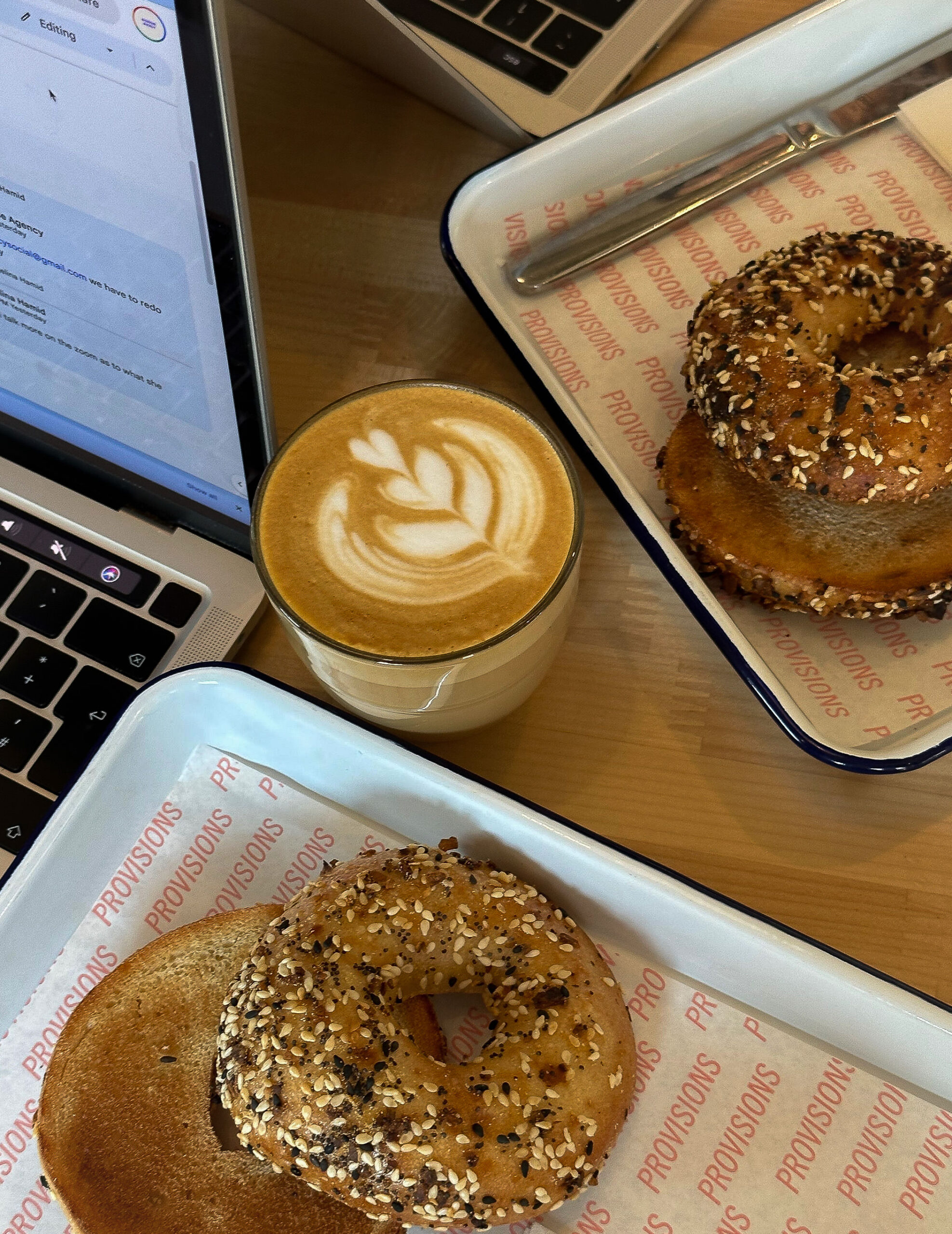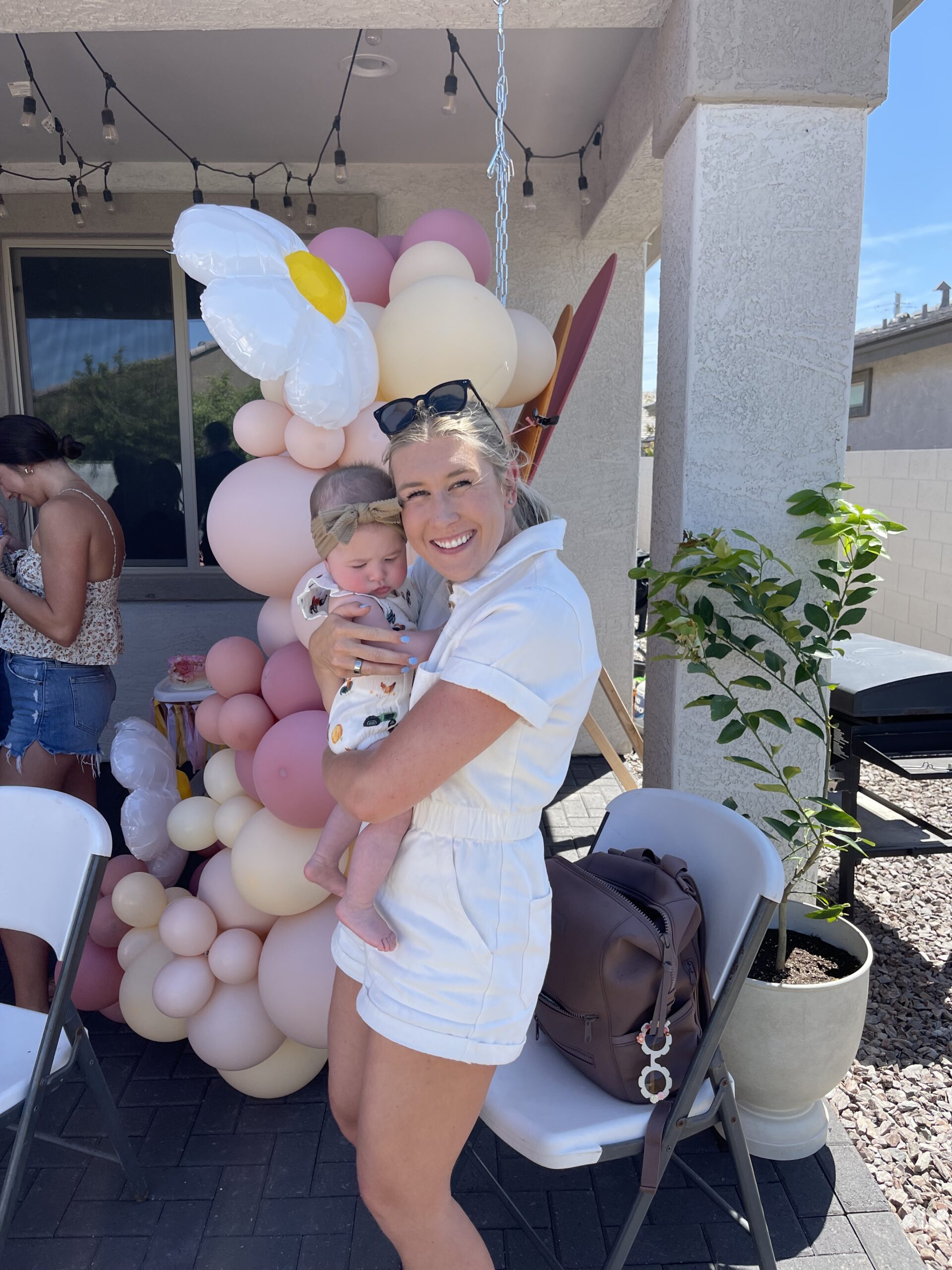When I say it’s not about the food, trust me – it’s not about the food. Controlling food is a way to deal with things when life gets too chaotic or overwhelming. It allows you to focus intensely on what you eat, giving you a sense of control when everything else feels out of control. It’s a way of handling emotions, fears, and insecurities by concentrating on something you can manage – like food.
Think about it: when you are paying close attention to what you eat, counting calories, or following strict diets – what are you distracting yourself from thinking about, feeling, or addressing? The obsession with food is a way for you to try and bring stability and control into your lives, especially when everything else seems unpredictable. To break free from this cycle of unhealthy eating habits, it’s important to understand and address the deeper need for control that drives this obsession with food.
Recognizing Signs of Controlling Food
If you find yourself controlling food, it might show up in different ways, all indicating a strong desire for regulation and restraint. Here are some examples:
- Calorie Counting and Strict Diets: Keeping a close eye on every calorie, strictly following specific dietary rules, or completely avoiding certain food groups.
- Detailed Meal Planning: Engaging in an exhaustive ritual of planning meals with a strong focus on “clean” or “pure” eating.
- Portion Obsession: Weighing portions meticulously, developing an obsession with achieving a particular body weight.
- Eating Rituals: Adopting rituals around meals, such as eating at specific times or following intricate patterns.
- Extreme Food Avoidance: Going to the extreme by avoiding entire meals or specific types of food.
Additionally, the need for control may extend to other behaviors like exhaustive exercise routines or compensatory actions such as purging. This obsession with food might take over your thoughts, leaving little mental space for anything else. Recognizing these signs is the first step toward understanding and addressing the underlying issues.
But Ryann, what if I am just trying to be healthy?
My friend, if what you are doing to try to be healthy leaves you feeling obsessive, anxious, or compulsive around food, it’s time to take a hard look at your definition of health.
Unpacking Why You’re Controlling Food
Let’s delve into the profound questions that can help us understand the roots of this complex connection. In other words, what difficult feelings drive your desire to control your food or weight?
Is it out of fear, shame, or other emotions?
Questions to ponder:
- What fears, shame, or other emotions lie at the core of your dieting or diet-mentality?
- Are these feelings linked to societal pressure, family expectations, or judgments based on size?
- Reflect on your own judgments towards others based on their size – do these perceptions influence your actions?
Is it because of external pressures?
Questions to ponder:
- Are you influenced by external factors such as societal ideals, family opinions, or even the expectations of your doctor?
- Is thinness perceived as a status symbol or a marker of success and worthiness?
Is it driven by social dynamics?
Questions to ponder:
- Do workplace pressures contribute to your need for control?
- Is there a longing for love, acceptance, or validation that drives your relationship with food?
Is it due to unhealed emotions?
Questions to ponder:
- Have you experienced bullying or harassment based on your weight, fostering a deep-seated need for control?
- Do you believe that everything would magically be “okay” if only you were thin enough?
Is it fueled by security or relationships?
Questions to ponder:
- Does the concept of thinness equate to a sense of security for you?
- Is there a belief that the “right” kind of romantic attention would be more accessible if you were thinner?
- Are you afraid of losing someone you love if your body doesn’t align with societal standards?
It’s essential to recognize that the need for control extends beyond the surface-level “food problem.” These are real, deeply rooted issues that demand attention and understanding. By acknowledging and addressing these underlying factors, we can begin to break free from the harmful cycle of disordered eating and the perpetual pursuit of control.
How To Let Go Of Control
When you’re ready to stop controlling food, the first step is to approach the process with self-compassion and a commitment to positive change. Here are some practical steps to help you get started:
Self-Reflection: Take a moment to reflect on your relationship with food. Identify specific patterns, triggers, and emotions associated with your need for control.
Seek Support: Reach out to friends, family, or a trusted confidant to share your feelings and intentions. Having a support system can provide encouragement and understanding.
Professional Guidance: Consider consulting with a registered dietitian, therapist, or counselor who specializes in disordered eating. Professional guidance can provide personalized strategies and coping mechanisms.
Challenge Negative Thoughts: Recognize and challenge negative thoughts or beliefs about food, body image, and self-worth. Focus on cultivating a positive and realistic mindset.
Mindful Eating: Practice mindful eating by paying attention to hunger and fullness cues. Enjoy your meals without distraction, savoring each bite and appreciating the flavors.
Diverse Food Choices: Expand your food choices and experiment with a variety of foods. Allow yourself the freedom to enjoy a balanced and diverse diet.
Flexible Eating Patterns: Move away from rigid eating schedules and allow for flexibility. Listen to your body’s natural cues rather than adhering to strict routines.
Physical Activity for Enjoyment: Engage in physical activities that bring you joy and fulfillment rather than viewing exercise solely as a means of calorie control.
Set Realistic Goals: Establish realistic and achievable goals that focus on overall well-being rather than strict weight or appearance-related objectives.
Celebrate Progress: Acknowledge and celebrate small victories along the way. Recognize that breaking free from controlling behaviors is a gradual process, and each positive step is a triumph.
Understanding the connection between disordered eating and the need for control involves a journey of introspection and self-discovery. By delving into the real issues that underlie our relationship with food, we can pave the way for healing and positive transformation. It’s time to shift the focus from external pressures to internal well-being and challenge the societal norms that perpetuate harmful beliefs about body image and self-worth.
Keep Reading
Got really full? How to Navigate the Aftermath of Eating More Food Than Is Comfy
3 Journal Prompts that Helped Me Heal My Relationship with Food
Elevate Your Dining Conversations: Topics Beyond Weight and Food
Ryann Nicole
Licensed Therapist, Certified Nutritionist, and Virtual Wellness Coach
Ryann is a licensed therapist and virtual wellness coach who has assisted individuals worldwide in establishing a healthier relationship with food and their bodies.
Are You Ready to Heal Your Relationship With Food?
I understand—it can be overwhelming to figure out where to begin. Let's simplify things and have you start right here:
Why Am I Overeating?
First Steps To Stop Binge Eating
The Food Freedom Lab Podcast
FREE QUIZ
FREE GUIDE
Podcast
the food freedom lab podcast





